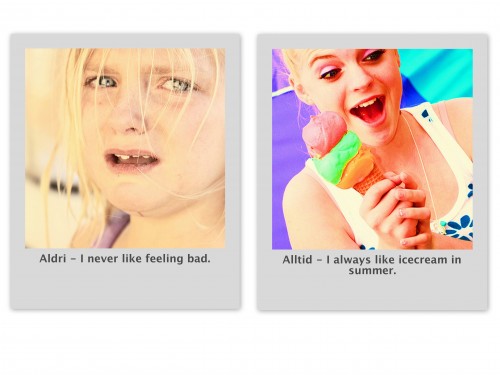An english dictionary says that think means:
transitive verb thought, thinking think′·ing
to form or have in the mind; conceive thinking good thoughts
to hold in one’s opinion; judge; consider many think her charming
to believe; surmise; expect they think they can come
to determine, resolve, work out, etc. by reasoning think what your next move should be
NOW RARE to purpose; intend thinking to do right
to bring to mind; form an idea of think what the future holds
to recall; recollect think what joy was ours
to have the mind turned steadily toward; have constantly in mind think success
Etymology: < ME thenchen, to think, confused with thinchen, to seem < OE thencan < PGmc *thankjan, to think: for IE base see thank
intransitive verb
to use the mind for arriving at conclusions, making decisions, drawing inferences, etc.; reflect; reason learn to think
to have an opinion, belief, expectation, etc. I just think so
to weigh something mentally; reflect think before you act
to call to mind; recall; remember: with of or about
to have an opinion, judgment, etc.: with of or about
to allow oneself to consider: with of or about
to have regard for; consider the welfare of: with of or about
to discover or invent; conceive (of)
Which is an awful lot for one word.
In Norwegian there are 3 words I have learnt for for think:
My teacher says that even at the stage of taking the Bergen test some people stumble on when to use these words. So its important to get them straight.
Bearing in mind that I am still a student myself, these words mean:
Synes
This means think as in to have a personal opinion about something, as in:
I think the Mona Lisa is overrated.
I think this is the best steak I have ever eaten.
I think she looks Scandinavian.
These are all personal opinions and no one can refute what you think as it´s what you think. They can respond with what they think, as they may love the Mona Lisa ie they have a different personal opinion.
Examples in norwegian:
Jeg syns et bilde er dårlig.
I Storbritannia synes de maten fra det asiatiske landet er så god at indisk curry er adoptert som den uoffisielle nasjonalretten!
Hvilket land synes du lager best talenter i fotballen?
So if its not a fact or factual but is your opinion you can use synes.
Tror
Tror means think as when you are unsure of something but you think it will turn out true. It is sometimes shown in dictionaries as believe to indicate this. Examples of the use of think this way:
I think it is going to rain tomorrow.
I think she will come in the morning.
Do you think the All Blacks will in the Web Ellis Cup next time?
You cannot use this to say ´I think it rained here yesterday´ unless you were not here or not aware of the weather for some reason or other. I am presuming you could use tror if you had been in a coma woke up and thought the grass was greener so it must have rained or something. But you can´t use it when something is a fact and you know.
Examples in norwegian:
Flertallet av nordmenn tror været vil bli mer ekstremt fremover.
De tror Gud kommer fra Amerika.
Dere fotballfolk er så selvgode at dere tror fotball er alt her i livet, og at ALLE må være interessert i det.
So you use tror when you believe or make and educated guess about something.
Tenke
Tenke is when you are thinking to yourself in your head (pondering) or when you intend to do something. For example:
Examples in norwegian:
So tenke is more about what is going on in your head, to me.
Conclusion
So there we have it. Three words that in english you can just say think for but in norwegian are more specific. Of course there are specific words in english too, just important to get these straight in norwegian I am told.
My advice is to now go talk to your teacher, or a norwegian and try out some examples of your own and make sure you have the distinctions right and I have not mislead you, remember, I am still learning too.

